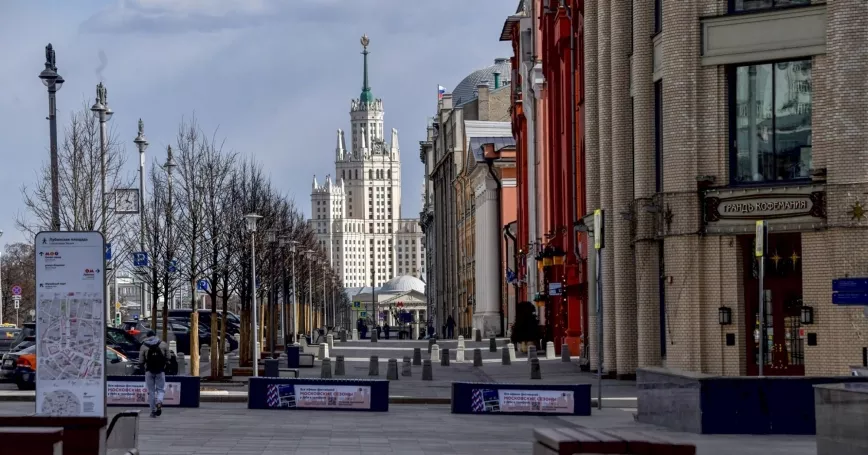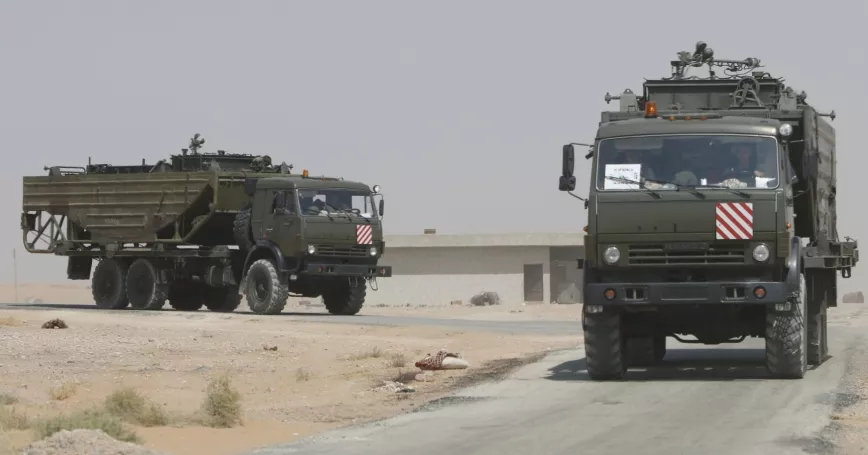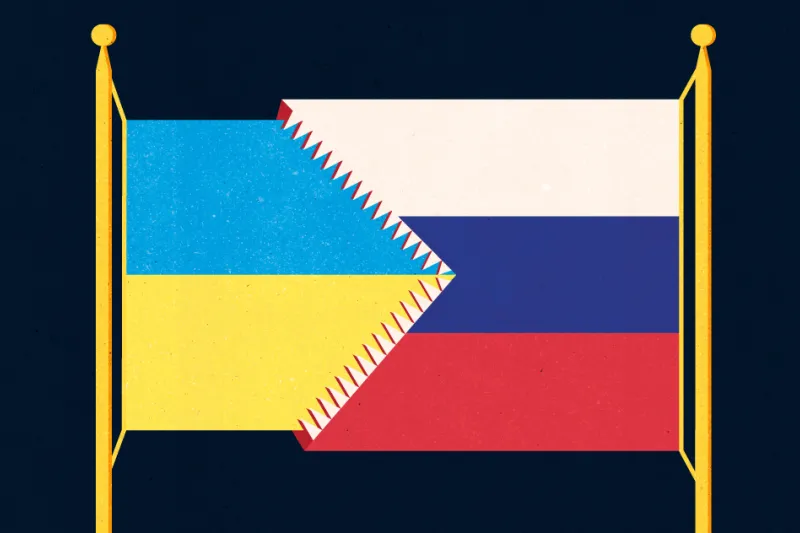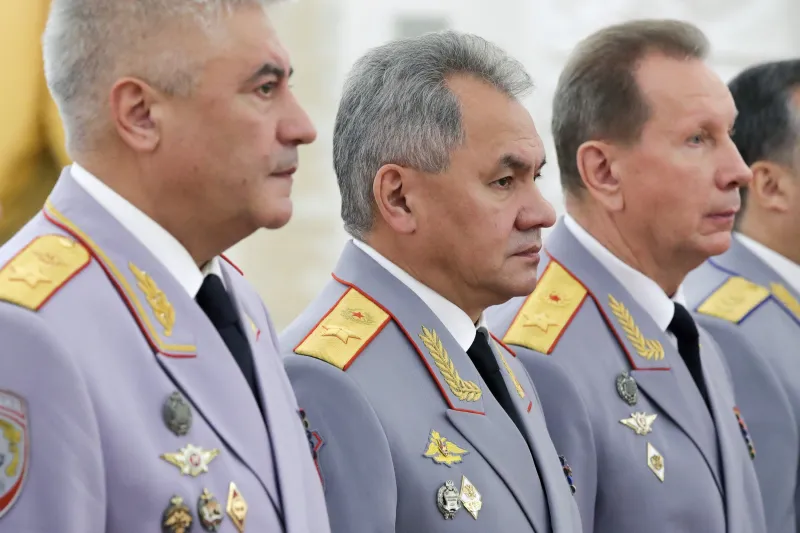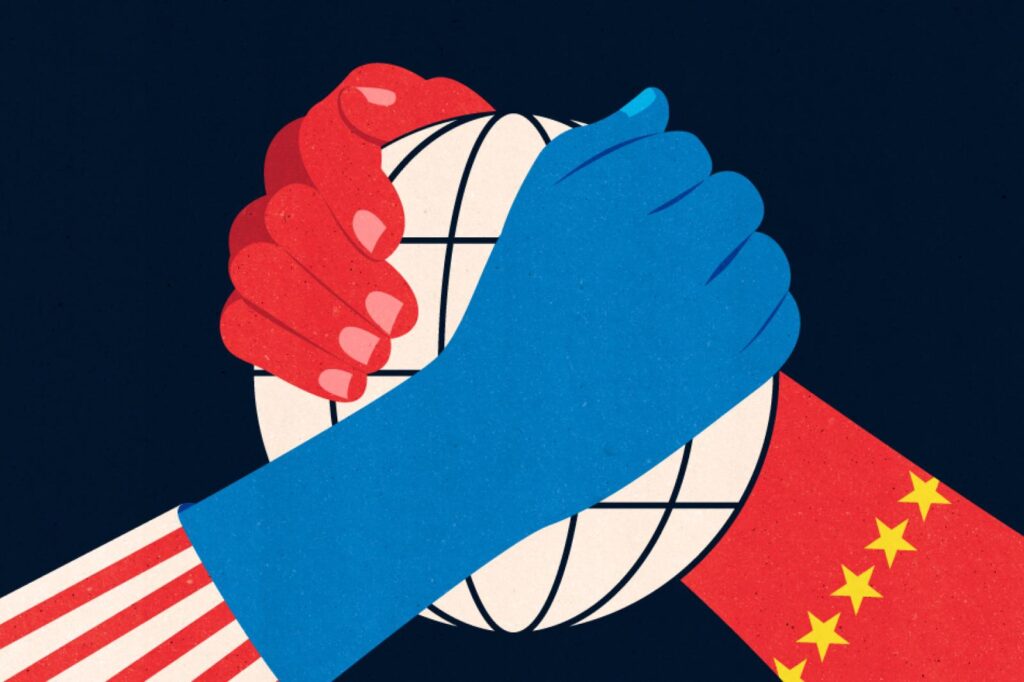Global Economic Uncertainty, Surging Amid War, May Slow Growth – Analysis
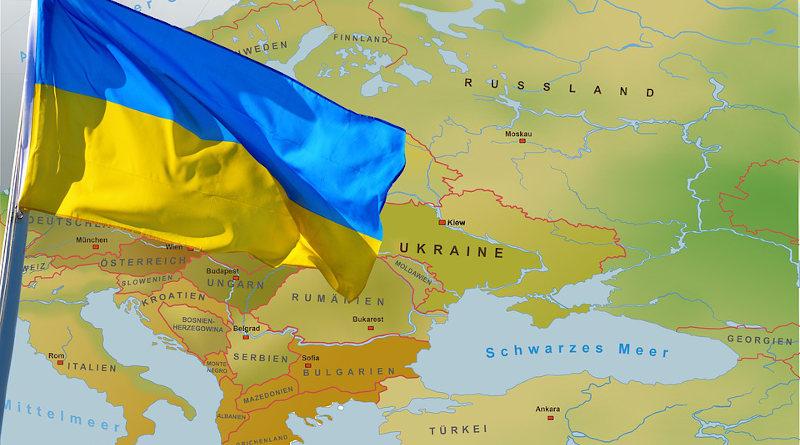
As the war in Ukraine unfolds, global uncertainty has surged, according to the latest reading of the World Uncertainty Index—a quarterly measure across 143 countries. This increase is a bad sign for growth. Our research finds that such increases foreshadow significant output declines. Based on our estimates, the rise in uncertainty in the first quarter could be enough to reduce full-year global growth by up to 0.35 percentage point.


